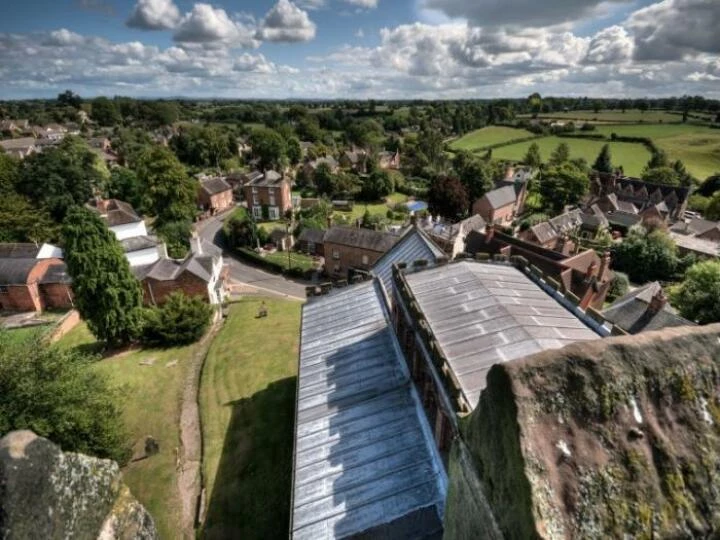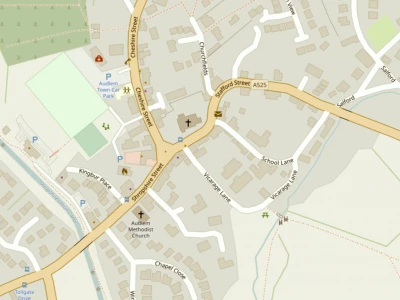

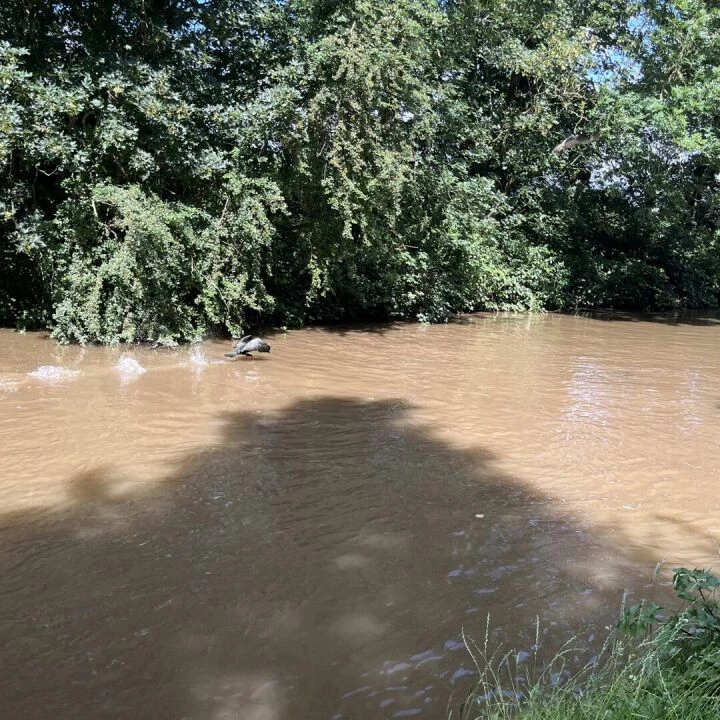

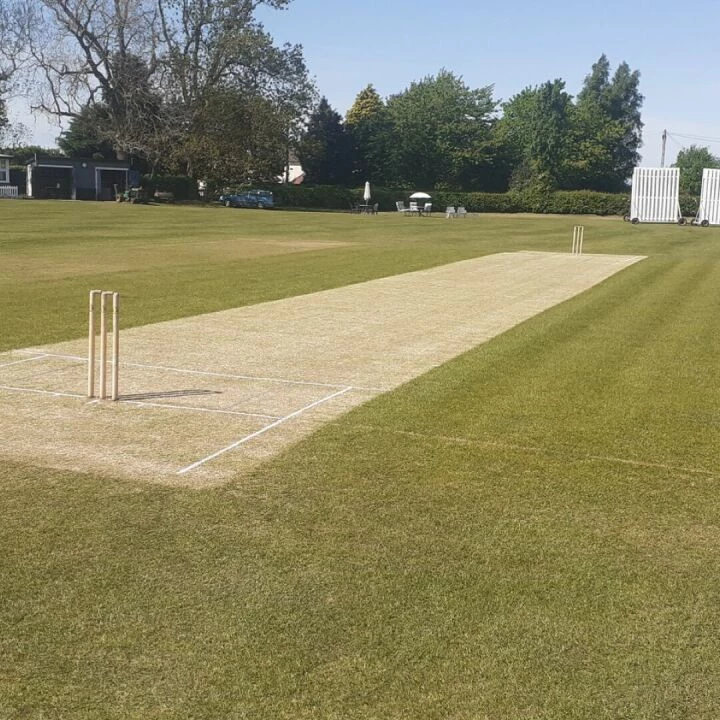


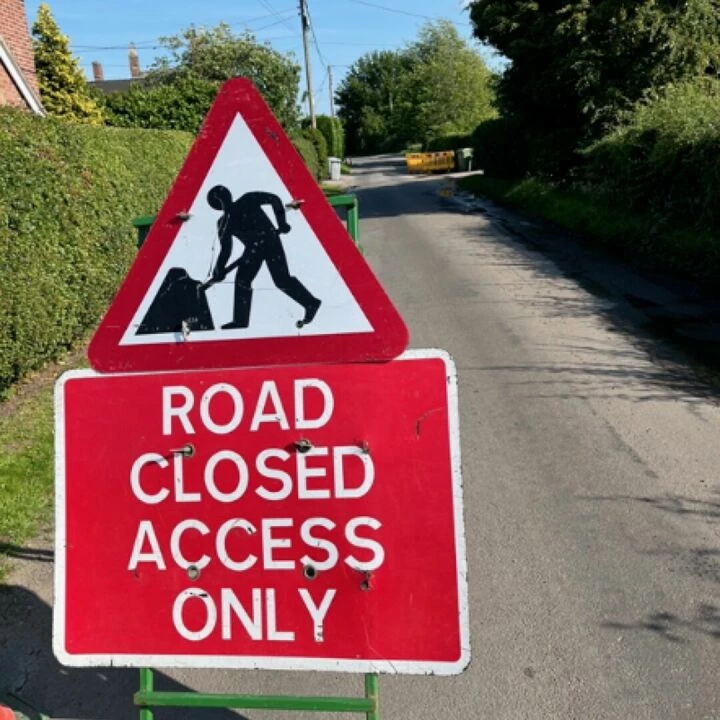
On February 11th 1956t wo British diplomats who vanished in mysterious circumstances five years earlier re-appeared in the Soviet Union.
Guy Burgess and Donald Maclean handed a statement to four representatives from the press in a hotel room overlooking Moscow's Red Square.
In their 1,000-word statement the former diplomats denied ever having been Soviet agents. They said they had come to the USSR to "work for the aim of better understanding between the Soviet Union and the West".
In 1951 Guy Burgess and Donald Maclean were recalled to London from the British embassy in Washington after confidential documents went missing.
It was not either man's first problem while in the service of the Foreign Office – in 1950 Maclean was rumoured to have suffered a breakdown brought on by overwork and excessive drinking.
Burgess, 44, was also known to have a drink problem and had earlier been recalled from Washington for "serious misconduct".
Third man
But after their recall in 1951 both men disappeared before they could be questioned. At the time it was rumoured there was a "third man" who had tipped them off.
During their meeting with the press – Richard Hughes of the Sunday Times newspaper, Sidney Weiland from Reuters news agency and two Russian journalists – Guy Burgess appeared to take the lead.
But neither man – both dressed in apparently English-made pinstriped suits – was forthcoming when questioned by the journalists.
Guy Burgess said: "I have given out too many statements to the Press in my time not to know what I have just given you fellows.
"We just don't want to add to our statement," he said. But Mr Maclean, 42, did admit his family had joined him in Moscow.
Just two weeks earlier Russian leader Nikita Khrushchev denied Burgess and Maclean were in the USSR.
Spy Ring
Burgess and Maclean were part of a spy ring involving five men who studied at Cambridge University during the 1930s.
They passed information to the KGB about British military deployments and the identities of British secret agents.
The "third man" who tipped off Burgess and Maclean was eventually revealed to be Harold 'Kim' Philby, who was in charge of British Intelligence's anti-communist counter-espionage activities from 1944-1946.
Philby – the group's leader – defected to Russia in 1963 shortly before he was unmasked.
Another member of the spy ring was Anthony Blunt who was knighted in 1956 and later had charge of the Queen's art collection.
Blunt and the ring's fifth member, John Cairncross, both confessed in the 1960s but were granted immunity from prosecution.
However, Blunt was stripped of his knighthood when news of his treachery became public in 1979
This article is from our news archive. As a result pictures or videos originally associated with it may have been removed and some of the content may no longer be accurate or relevant.
Get In Touch
AudlemOnline is powered by our active community.
Please send us your news and views using the button below:
Email: editor@audlem.org

